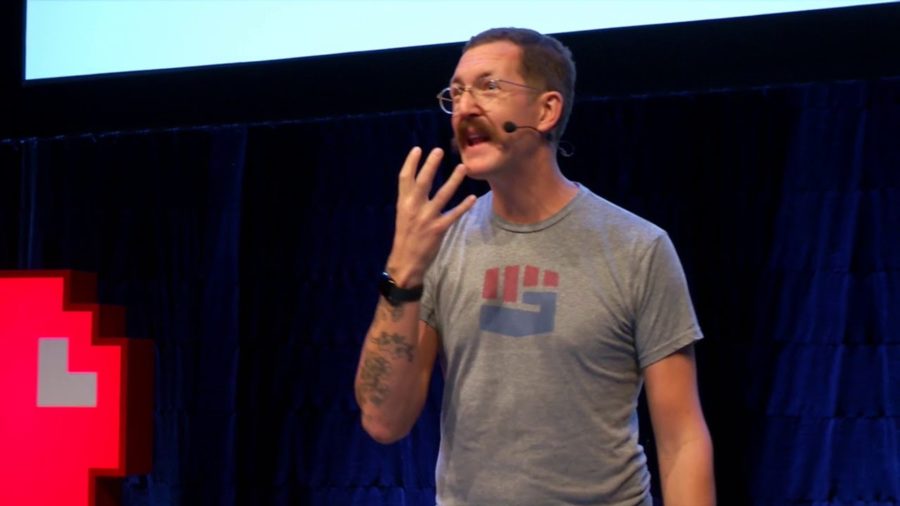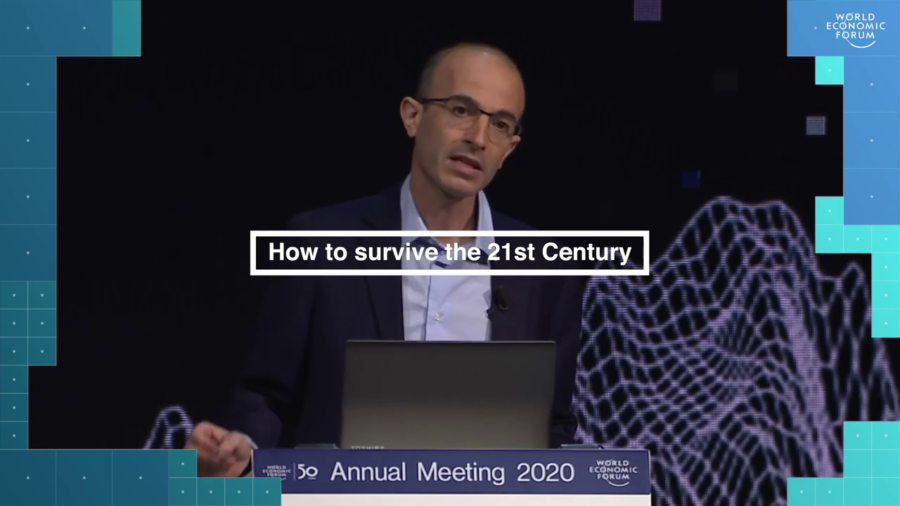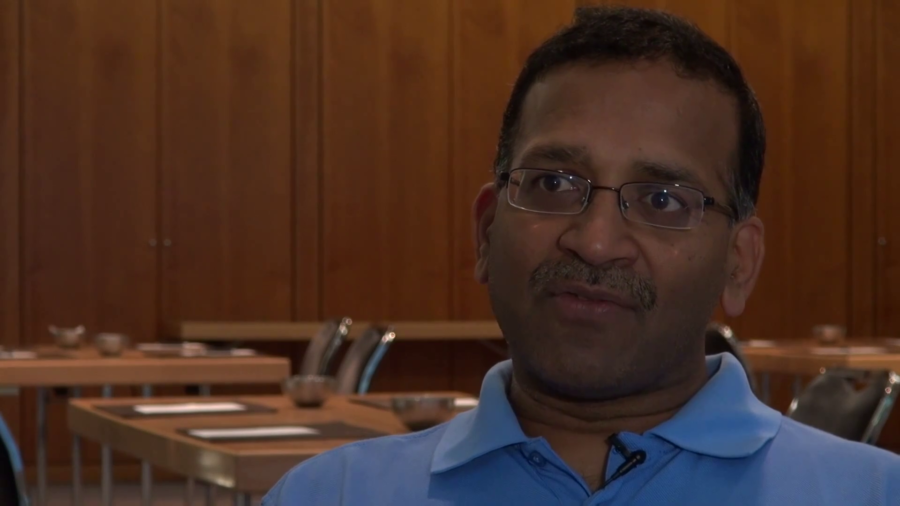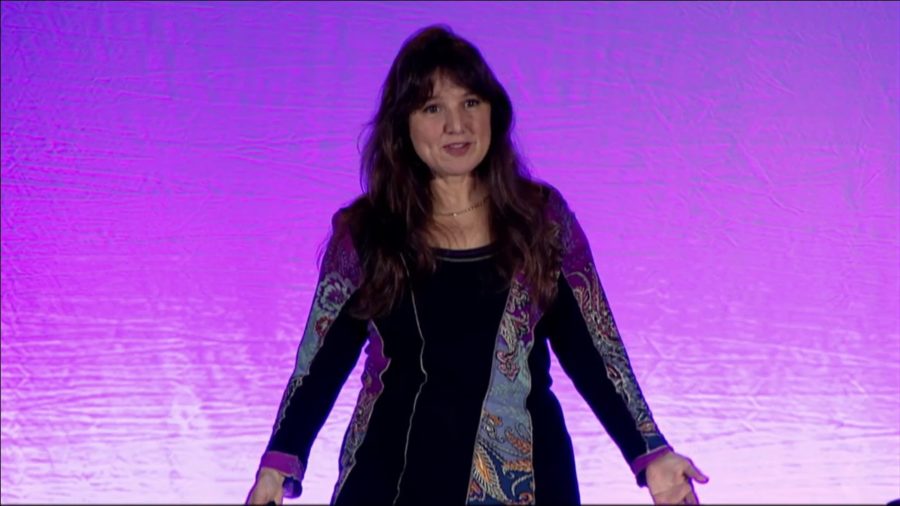Keeping cohesion at the core of the Internet is an important thing. I’m not worried that that’s going to go away. But you have to continually pay attention to it. Because that function of converging, at the core is a critical one. When you do that well, what it allows is at the edges of the Internet it allows for things to happen. For innovation, for ideas to happen.
Archive (Page 1 of 2)

It’s obvious that the Internet is a tremendous success, and the world is not prepared to live without it anymore. At the same time, it has never been designed to provide the services it is assumed to do today.

Every single futurist has one of these as the first slide in their deck. It doesn’t really matter what this is. An exponential curve, up and to the right. This represents all of technology. The past thirty years of technological evolution is described in this. This could be anything. This is processor power. This is memory per dollar. This is Internet penetration. This is the number of people playing Angry Birds.

Of all the different issues we face, three problems pose existential challenges to our species. These three existential challenges are nuclear war, ecological collapse, and technological disruption. We should focus on them.

In a book that I wrote in 2011, on page one I said that unless the insecurities, and the fears, and the aspirations of the precariat were addressed as a matter of urgency, we would see the emergence of a political monster. You will not be surprised that in November 2016 I received a lot of emails from around the world from people who said, “The monster has arrived.”
What we’ll be covering is just the general issue of political information on the net. And actually I think probably all three of us are in somewhat agreement that the government on the net is maybe the least best-poised to make use of this, or the most challenged by political speech on the net, the politics of the information flowing around the net.

I’m going to argue today that even while we know post-truth politics is having a terrible effect on our political culture and our role as citizens, it’s curiously difficult to combat it because of a set of beliefs about what politics is, and about the Internet and the way it enables ordinary people to have a voice. And these beliefs intersect with a prevailing anti-intellectual anti-elitism which associates knowledge, discernment, and truth with snobbery and power.

I think there’s an unprecedented opportunity to change our relationship with political power. And I don’t think we need to be afraid of it. I don’t think we have to compromise our core principles in order to do it.

Black folks have consistently been denied the rights to privilege that come with citizenship that so many of us take for granted. And that’s why so many of us are no longer satisfied with the compromises and negotiations that happen behind the scenes, that continue to leave out too many people whose lives depend on the ability to participate in the decisions that impact their lives.


